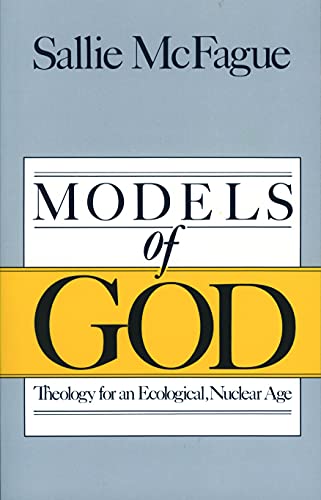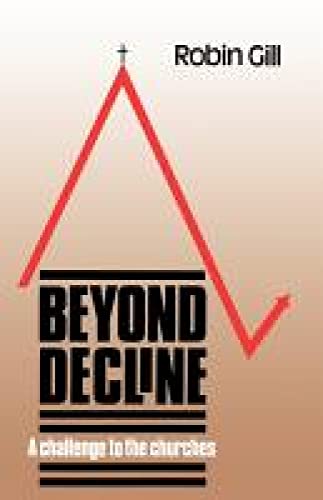This book is no. 7 in the series Theology and Science at the Frontiers of Knowledge, edited by Prof. T. F. Torrance. Its author is a minister of the United Church of Canada who has, he tells us, tried for more than 40 years to keep abreast of developments in natural science and trends in Christian theology. He is convinced that ‘Recent developments in natural science, particularly in physics, cosmology and biology, have created an openness on the part of the scientific community to the possibility of renewed dialogue with religion. In society itself a growing anxiety concerning the human enterprise challenges science and religion to bring a common understanding to bear upon the question of the meaning of life and the nature of ultimate realities’ (p. 1). He bemoans the fact that on the whole Protestant theologians are not responding to this opportunity to dialogue with scientists to the mutual benefit of both.
Mr Fiddes’ theological stance seems to be essentially Barthian (see the discussion of Scripture on p. 68ff.). Torrance and Barth (in that order) are the theologians most often quoted in the book. The book deals with a number of important topics—the nature of the scientific enterprise and its limitations; quantum theory and its philosophical implications; the unique place of light in the theory of relativity; time and eternity; evolution; the uniqueness of human personality; the nature of ultimate reality. On the whole the presentation and handling of the scientific material in the book is competently done. However, the shortness of the book and the vastness and complexity of the topics covered means that the presentation of the scientific matter is sketchy and the theological and philosophical discussion all too brief.
Mr Fiddes is at his strongest when exposing the weaknesses in scientific positivism and reductionism. For example, ‘Science cannot have it both ways. It cannot “want to be able to explain everything” as long as it is forced by its presuppositions to ignore the most meaningful aspects of reality.… By what logic does science exclude from nature its most significant aspect—the inner being of man?’ (p. 18). If the logic is that of logical positivism, Mr Fiddes points out that ‘The scientist is a human being before he becomes a scientist and he remains one afterwards. He knows that there have to be “good” reasons for doing what he is doing or there would be no point in his doing it.… But it should be realized that this investment of moral worth and meaning in science is made possible only by removing the logic from logical positivism’ (p. 19).
However, when it comes to discussion of the philosophical and theological implications of aspects of the modern scientific view of the world, Mr Fiddes is less convincing. Thus, his statement that quantum physics provides ‘a grounding for free-will rather than an attack on it’ (p. 34) rests on nothing stronger than the suggestion of some physicists that the fact that law and order prevail in nature despite the Uncertainty Principle points to ‘an influence that can be better be described as noetic than accidental’ (p. 33). This reviewer cannot see the basis for his claim that the NT use of light imagery of Jesus ‘seems to require more than analogical thought’ and gives light ‘particular, even physical refinement, in relation to the being of Jesus Christ’ (p. 47). Nor is it clear what he means by this. All in all, Mr Fiddes sometimes seems to be going to extremes in order to find theological significance in scientific ideas or phenomena.
There are some good things and interesting ideas in this book. However, clearer discussion of the current state of the sciences, and a more restrained discussion of them in relation to Christian belief (even if from a rather more literal position), are to be found in J. C. Polkinghorne’s two books, The Way The World Is and One World (both SPCK), at less cost than this slim volume.
Ernest Lucas
Bristol Baptist College






